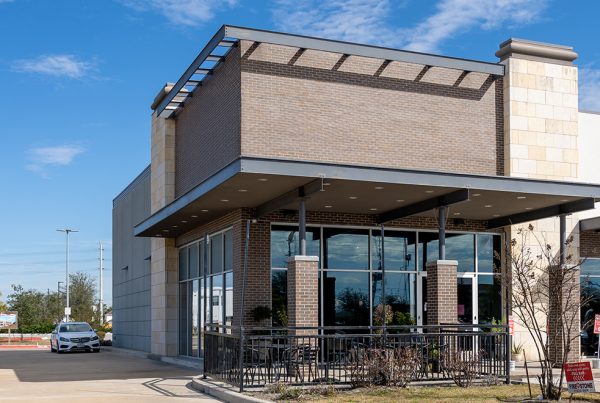A 1031 exchange, also known as a tax-deferred exchange or a like-kind exchange, is a transaction that allows real estate investors to defer capital gains taxes on the sale of an investment property when they reinvest the proceeds into another investment property of equal or greater value. It derives its name from Section 1031 of the Internal Revenue Code, which governs this type of exchange in the United States.
Here are the key elements and requirements of a 1031 exchange:
Like-Kind Property: To qualify for a 1031 exchange, the property being sold (relinquished property) and the property being acquired (replacement property) must be “like-kind.” This means they must be of a similar nature or character, such as exchanging one investment property for another investment property. The definition of like kind is broad, allowing for exchanges between different types of real estate.
Investment or Business Use: Both the relinquished property and the replacement property must be held for investment, business, or trade purposes. Generally, personal residences do not qualify or properties primarily held for sale will not qualify for 1031 treatment.
Qualified Intermediary: To facilitate a 1031 exchange, the investor must work with a qualified intermediary (QI) or accommodator. The QI acts as a neutral third party and helps facilitate the exchange by holding the sale proceeds from the relinquished property and using them to acquire the replacement property.
Timing Requirements: There are strict timelines to follow in a 1031 exchange. Within 45 days of selling the relinquished property, the investor must identify potential replacement properties. The identification must be in writing and provided to the QI. The investor then has 180 days from the sale of the relinquished property to acquire the replacement property or properties.
Reinvestment of Proceeds: To defer capital gains taxes, the investor must reinvest all proceeds from the sale of the relinquished property into the replacement property. If there is cash left over after acquiring the replacement property, it will be subject to taxation.
Tax Deferral: The primary benefit of a 1031 exchange is the deferral of capital gains taxes. By following the rules and reinvesting the proceeds into a like-kind property, the investor can defer the recognition of capital gains taxes that would have been incurred on the sale of the relinquished property.
It’s important to note that while a 1031 exchange allows for the deferral of capital gains taxes, it does not eliminate them entirely. The tax liability is deferred until a taxable sale occurs in the future. Consulting with qualified tax advisors and exchange professionals is crucial to navigate the complexities of a 1031 exchange and ensure compliance with IRS regulations.
Sounds complicated? It is, but the Wizard in our 1031Max platform makes it easy to calculate your tax costs or tax savings, identify new replacement property, file your exchange forms with the IRS, and complete your exchange within the required period. Click here to get started.






